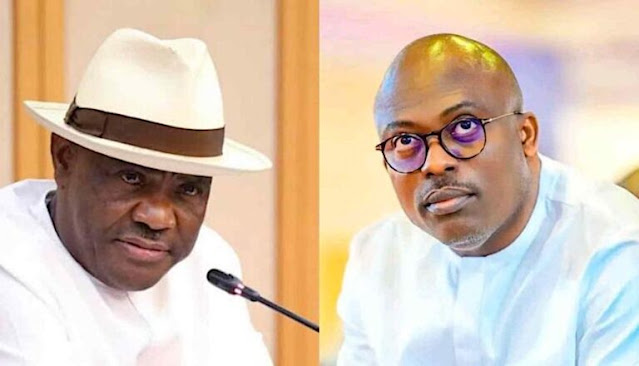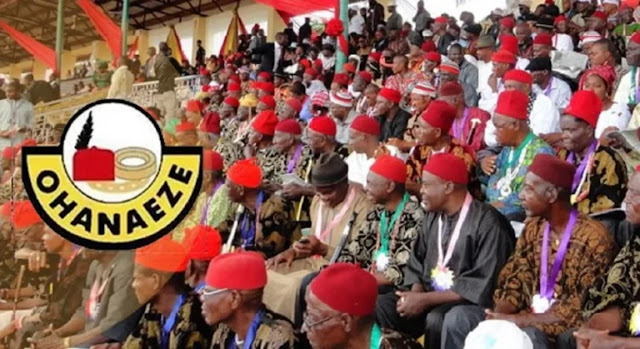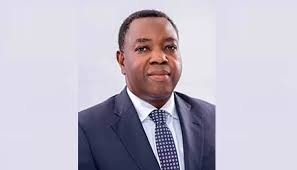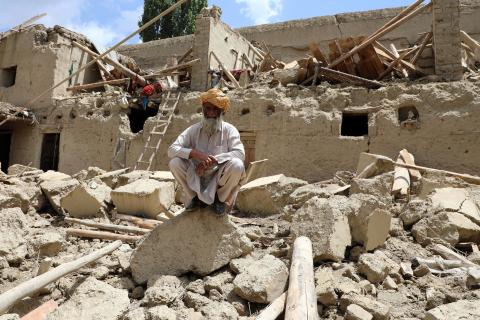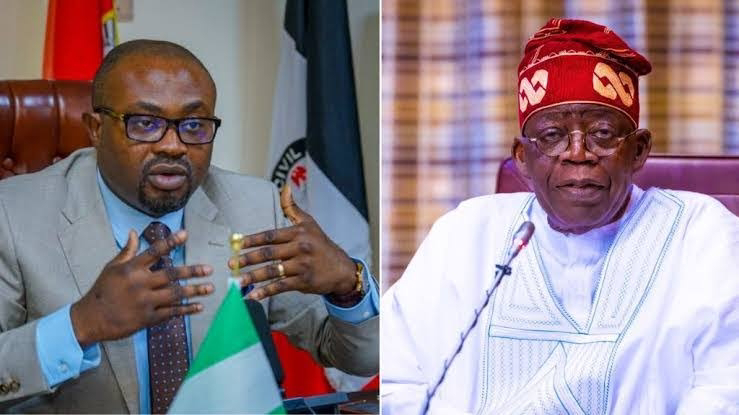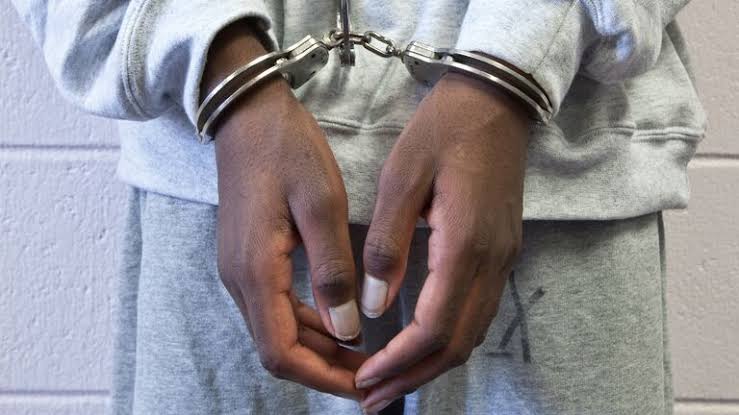On August 30, 2025, Rivers State, Nigeria’s oil-rich southern hub, was thrust into the spotlight as local government elections unfolded amidst a backdrop of political intrigue and uncertainty. The elections, conducted across 23 local government areas (LGAs) and 319 wards, were marked by logistical challenges, voter apathy, and the conspicuous absence of suspended Governor Siminalayi Fubara. His absence, particularly in his home community of Opobo/Nkoro, fueled speculation about his whereabouts and intentions, deepening the political crisis that has gripped the state since early 2025. Meanwhile, Nyesom Wike, the former governor and current Minister of the Federal Capital Territory (FCT), tightened his grip on Rivers State’s political machinery, orchestrating a dominant performance by his allies in the All Progressives Congress (APC). This article delves into the details of the elections, Fubara’s absence, Wike’s enduring influence, the broader political context, and the implications for Rivers State’s future.
The Local Government Elections: A Test of Power
The Rivers State local government elections, overseen by the Rivers State Independent Electoral Commission (RSIEC), were intended to restore grassroots governance following a state of emergency declared by President Bola Tinubu on March 18, 2025. The emergency, which suspended Fubara, his deputy Ngozi Odu, and all elected lawmakers of the state House of Assembly, was a response to a prolonged political feud between Fubara and Wike that had destabilized the state. The elections, held under the administration of Retired Vice Admiral Ibokette Ibas, were a critical step toward lifting the emergency rule, set to expire on September 18, 2025, and reinstating democratic institutions.
However, the elections were marred by significant challenges. Reports from outlets like Opinion Nigeria and The Nation Newspaper highlighted widespread voter apathy, particularly in urban areas like Port Harcourt and Obio/Akpor, where turnout was notably low. Logistical issues, including delays in delivering electoral materials and the absence of original result sheets in some polling units, further complicated the process. Voting in areas like Obio/Akpor, Port Harcourt City, and Emohua was delayed until after 11 a.m., frustrating voters and raising questions about the RSIEC’s preparedness.
Despite these hurdles, the elections were described as largely peaceful, with security agencies maintaining order through regular patrols and restrictions on vehicular movement. Early results indicated a sweeping victory for the APC, led in Rivers State by Chief Tony Okocha, a staunch Wike ally. The APC secured 20 of the 23 chairmanship positions, while the Peoples Democratic Party (PDP), aligned with Wike’s loyalists, claimed the remaining three in Obio/Akpor, Port Harcourt City, and Ogba/Egbema/Ndoni—key strongholds of Wike’s political base. The outcome, widely seen as a testament to Wike’s enduring influence, underscored his ability to control Rivers State’s political landscape even from his position in Abuja.
Fubara’s Absence: A Strategic Retreat or Forced Exile?
The most striking aspect of the elections was the absence of suspended Governor Siminalayi Fubara, who was not sighted in Port Harcourt or his home community in Opobo/Nkoro. Sources reported to The Nation Newspaper that Fubara was out of the country, a claim that fueled speculation about his political strategy and personal safety. His ward in Opobo/Nkoro witnessed minimal voting activity, and leaders of the disbanded Simplified Movement, Fubara’s political base, also stayed away from the polls, signaling a deliberate withdrawal from the electoral process.
Fubara’s absence deepened the political uncertainty in Rivers State. As the suspended governor, he was expected to play a visible role in the elections, particularly in his home base, to rally support and demonstrate his relevance. His no-show raised questions about whether he was strategically avoiding a confrontation with Wike’s political machine or if external pressures, including security concerns, had forced him into temporary exile. The lack of an official statement from Fubara or his team further intensified speculation, with some analysts suggesting that his absence was a calculated move to preserve his political capital for a future comeback.
The political crisis in Rivers State began in October 2023, when 27 members of the state House of Assembly, loyal to Wike, attempted to impeach Fubara over allegations of financial impropriety and gross misconduct. The conflict escalated with violent clashes, including the burning of the Assembly chambers, and culminated in Fubara’s controversial decision to demolish the complex. The Supreme Court’s February 2025 ruling, which upheld the defection of the 27 lawmakers to the APC, further weakened Fubara’s position, leading to President Tinubu’s declaration of a state of emergency. Fubara’s subsequent visit to Wike in May 2025, accompanied by two APC governors, was an attempt to broker peace, but Wike’s dismissive remarks about Fubara’s “self-inflicted injury” suggested that reconciliation was unlikely.
Fubara’s absence during the elections, therefore, was not merely a logistical issue but a reflection of his diminished influence in the face of Wike’s dominance. Political analysts, as reported by Daily Trust, noted that Fubara’s alignment with the All Peoples Party (APP) through defecting allies indicated a potential shift away from the PDP, which Wike controls in Rivers State. However, Fubara’s public reaffirmation of his PDP membership during a meeting with the party’s Board of Trustees in Port Harcourt suggested a complex strategy to maintain relevance while navigating Wike’s political stranglehold.
Wike’s Iron Grip: A Masterclass in Political Control
Nyesom Wike, who served as Rivers State governor from 2015 to 2023, has emerged as the central figure in the state’s political drama. As FCT Minister under President Tinubu, Wike has leveraged his national influence to maintain control over Rivers State’s political structure. His camp, operating under the Renewed Hope Agenda, orchestrated a near-total domination of the local government elections, securing 20 chairmanship seats for the APC and three for the PDP in areas aligned with his loyalists. This outcome, as reported by Pulse Nigeria, was pre-arranged, with seat distribution reflecting Wike’s strategic maneuvering to consolidate power.
Wike’s influence was evident not only in the election results but also in his public statements. After casting his vote in Rumuepirikom, Obio/Akpor, on August 30, Wike declared that the successful conclusion of the elections paved the way for the state of emergency to be lifted on September 18, allowing Fubara and the suspended lawmakers to resume their duties. “The coast is clear for the state of emergency to be lifted,” Wike stated, framing the elections as a step toward restoring normal governance. However, his comments also carried an implicit warning: Fubara’s return would occur under conditions shaped by Wike’s political dominance.
Wike’s control extends beyond the elections. The PDP’s recent state congress, which saw his loyalists secure key positions, including Aaron Chukwuemeka as state party chairman, further marginalized Fubara’s faction. The defection of 27 pro-Wike lawmakers to the APC in December 2023, upheld by the Supreme Court, solidified Wike’s grip on the state House of Assembly. His ability to wield influence across both the APC and PDP, as noted by Daily Trust, has left Fubara with few options, pushing his allies to seek refuge in the APP.
Wike’s political strategy is rooted in his deep understanding of Rivers State’s political dynamics. As governor, he claimed responsibility for the emergence of most elected officials, including Fubara, whom he supported in the 2023 gubernatorial election. However, their relationship soured when Fubara sought to assert his independence, leading to a struggle for control over the state’s political and financial resources. Wike’s public criticism of Fubara, including his accusation of “self-inflicted injury,” reflects a calculated effort to undermine his successor while reinforcing his own authority.
The Broader Context: Rivers State in Crisis
The political crisis in Rivers State is not just a personal feud between Wike and Fubara but a reflection of broader challenges in Nigeria’s political system. Rivers, as one of Nigeria’s wealthiest states due to its oil resources, is a critical battleground for political power. The state’s economic significance, contributing over N7.69 trillion to the federal budget through oil exports, makes control of its political structure a high-stakes endeavor. The feud between Wike and Fubara, as noted by PM News Nigeria, has disrupted governance, stalled development projects, and eroded public confidence in the state’s leadership.
The state of emergency, declared by President Tinubu, was intended to restore order but has sparked debate about its necessity and implications. Critics, including the Pan Niger Delta Forum (PANDEF), accused Tinubu of applying double standards, noting that similar crises in other states did not trigger such drastic measures. The appointment of Vice Admiral Ibas as sole administrator was meant to stabilize the state, but his role has been largely administrative, with Wike’s influence overshadowing formal governance structures.
The elections, while a step toward restoring democratic institutions, highlighted the fragility of Rivers State’s political system. Voter apathy, as reported by Opinion Nigeria, reflected public disillusionment with the ongoing power struggle. The low turnout in urban areas like Port Harcourt and Obio/Akpor, combined with the pre-arranged distribution of seats, suggested that the elections were less about democratic choice and more about consolidating Wike’s control. This dynamic raises questions about the legitimacy of the electoral process and the prospects for genuine governance in Rivers State.
Implications for Fubara and Rivers State
Fubara’s absence during the elections and the dominance of Wike’s political machine have significant implications for his political future. As the state of emergency nears its end on September 18, 2025, Fubara is expected to resume his role as governor. However, his ability to govern effectively will depend on his capacity to navigate Wike’s influence and rebuild his political base. The defection of his allies to the APP, as reported by Daily Trust, suggests a potential strategy to create an alternative political platform, but this move carries risks, given Wike’s control over both the PDP and APC structures in Rivers State.
For Fubara, the challenge is twofold: restoring public confidence and countering Wike’s dominance. His earlier actions, such as demolishing the state House of Assembly complex and recognizing only four loyal lawmakers, were seen as attempts to assert authority but backfired, leading to his suspension. Moving forward, Fubara will need to balance reconciliation efforts with strategic alliances to regain political ground. His visit to Wike in May 2025, accompanied by APC governors, indicates a willingness to negotiate, but Wike’s dismissive response suggests that peace may come at a high cost.
For Rivers State, the crisis has broader implications. The ongoing power struggle has stalled development projects, deterred investors, and deepened public frustration. As noted by CORSLOT, a group advocating for peace, the “political toxicity” risks driving away investment in a state critical to Nigeria’s economy. The successful conduct of the elections, despite their flaws, offers a glimmer of hope for restoring governance, but true stability will require addressing the root causes of the conflict, including the struggle for control over state resources.
The National Context: Godfatherism and Political Instability
The Wike-Fubara feud is emblematic of a broader issue in Nigerian politics: the phenomenon of godfatherism. As highlighted by PM News Nigeria, the conflict illustrates the challenges faced by successors who seek to break free from the influence of their political mentors. Wike’s claim that he orchestrated Fubara’s rise to power, including purchasing his nomination form, underscores the expectation of loyalty that often defines godfather-godson relationships in Nigerian politics. When Fubara sought to assert his independence, Wike responded with a campaign to undermine him, leveraging his control over the state’s political structures.
This dynamic is not unique to Rivers State. Similar conflicts have played out in states like Ondo, where disagreements between governors and their predecessors have disrupted governance. The broader lesson, as noted by PM News Nigeria, is that godfatherism often prioritizes personal loyalty over public interest, leading to divisions that harm the populace. In Rivers, the feud has created a polarized political environment, with well-meaning citizens hesitant to speak out for fear of reprisal from either camp.
Nationally, the crisis raises questions about President Tinubu’s approach to managing political conflicts. His interventions, including the state of emergency and earlier attempts to mediate between Wike and Fubara, have had mixed results. The National Assembly’s swift approval of the emergency rule bolstered Tinubu’s authority, but critics argue that it risks normalizing authoritarian measures. The Supreme Court’s ruling on the lawmakers’ defection further complicated the situation, highlighting the judiciary’s role in shaping political outcomes.
Conclusion
The local government elections of August 30, 2025, were a pivotal moment for Rivers State, but they also underscored the deepening political uncertainty driven by the feud between Siminalayi Fubara and Nyesom Wike. Fubara’s absence, whether strategic or forced, highlighted his weakened position, while Wike’s orchestration of the election results cemented his dominance over the state’s political landscape. The elections, marred by logistical challenges and voter apathy, were less a democratic exercise than a demonstration of Wike’s enduring influence.
As Rivers State approaches the end of the state of emergency, the path forward remains fraught with challenges. Fubara’s return as governor will test his ability to navigate Wike’s political machine and restore public confidence. For Wike, the elections were a triumph, but his combative approach risks further alienating segments of the population. For the people of Rivers State, the ongoing crisis threatens to undermine development and stability in a region critical to Nigeria’s economy.
The Wike-Fubara saga is a microcosm of Nigeria’s broader political challenges, where personal rivalries and godfatherism often overshadow governance. Resolving this crisis will require not only political will but also a commitment to prioritizing the needs of Rivers State’s citizens over individual ambitions. As the state looks to the future, the hope is that democratic institutions can be restored, and peace can prevail in a region weary of conflict.


